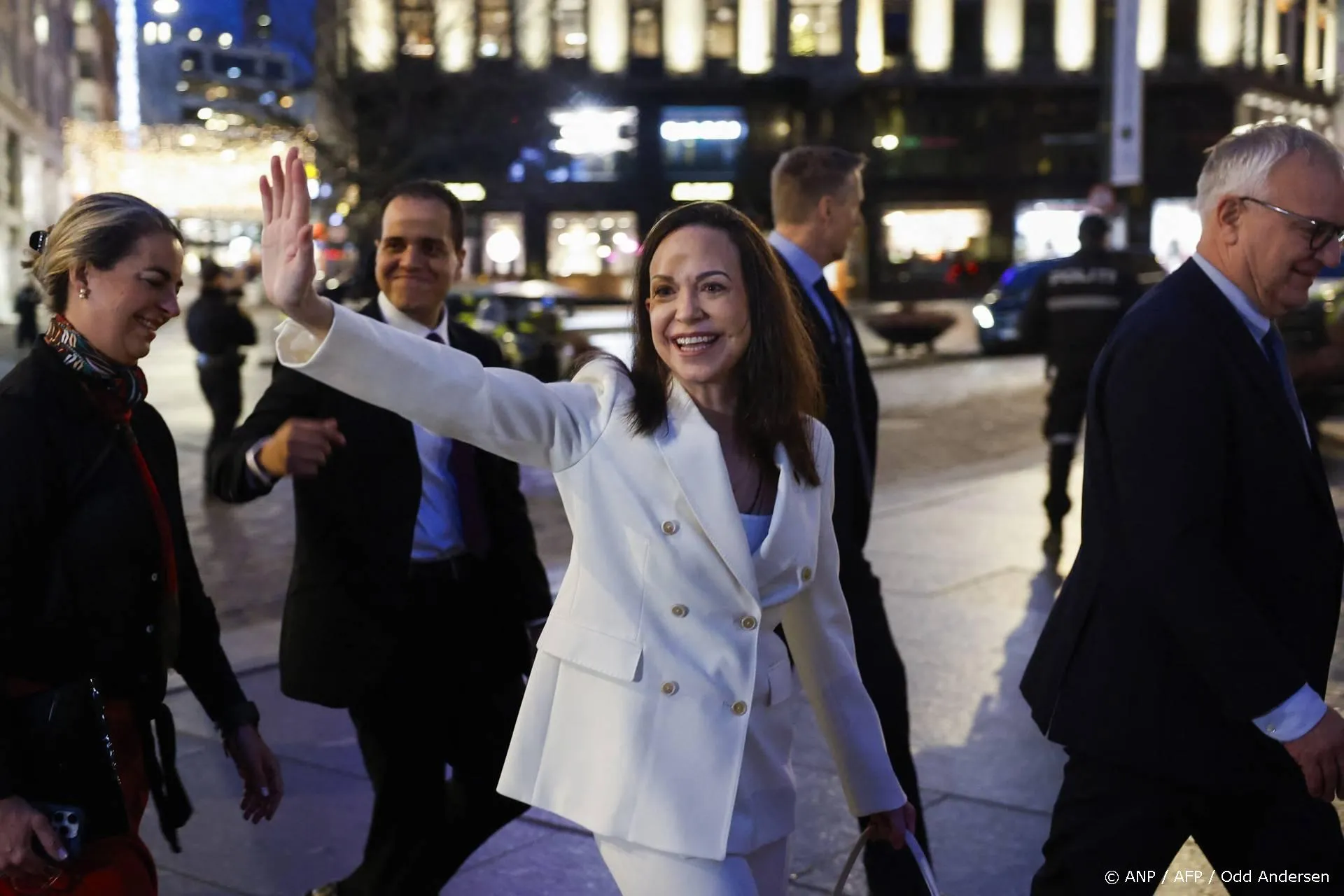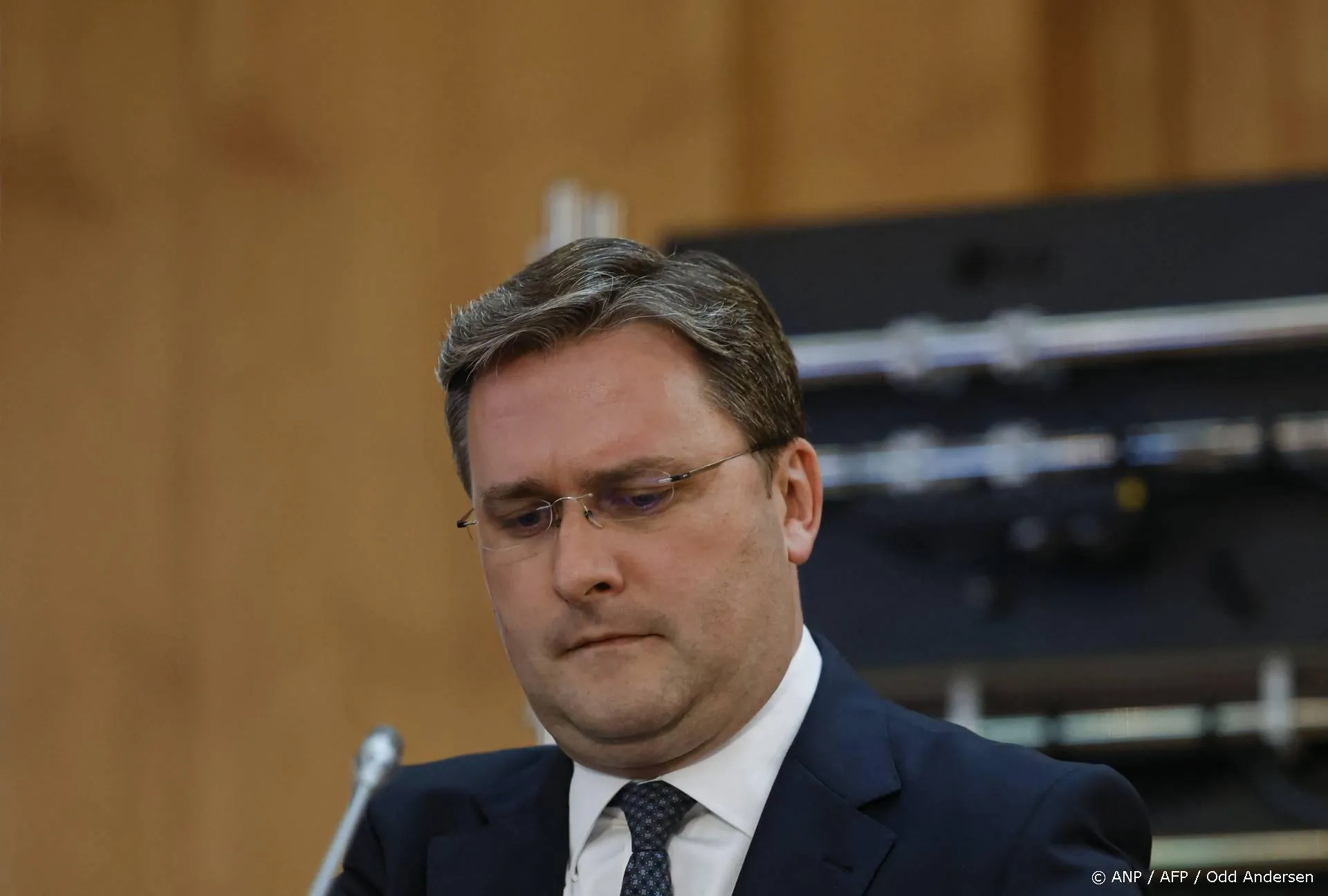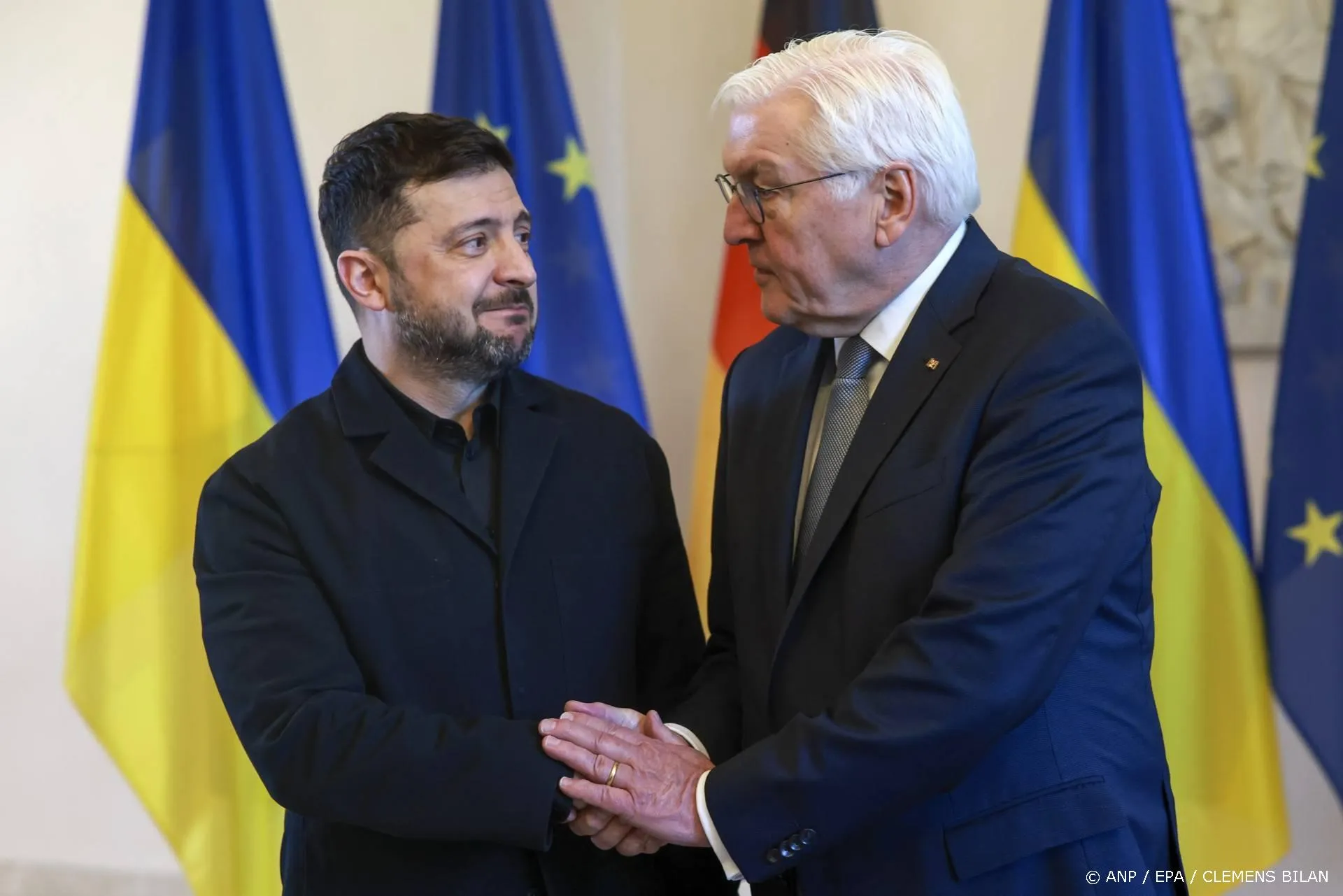Vergroening Siemens kost CEO Loescher de kop
Het meesurfen op de duurzaamheidshype heeft Siemens CEO Peter Loescher de kop gekost, nadat een miljard aan investeringen in zonneenergie in rook is opgegaan. De aandeelhouders hebben het nakijken.
Onder de titel, 'Siemens to Replace CEO as Loescher Fails to Mimic Peers', schreef Alex Webb:
When in May 2007 Siemens AG (SIE), battered by corruption scandals, picked then little-known Merck & Co. executive Peter Loescher as its chief executive officer, investors responded by pushing the stock to a six-year high. This weekend, they lost patience after Loeschers expansion into green energy and expensive acquisitions led to a fifth profit-forecast cut. Supervisory board officials have asked for the 55-year-old Austrian native to be ousted at what was a previously scheduled meeting to sign off on results on July 31. ...
A key element of Loeschers growth strategy was the 2009 announcement that he would transform Siemens into a green infrastructure giant, heralding a drive into solar technology to promote Siemens as a partner for companies and governments keen to use more renewable energies. That year he paid $418 million to buy Israels Solel Solar Systems and increased the stake in Italian solar thermal specialist Archimede Solar Energy to 45 percent. At the 2010 annual general meeting, the Harvard Business School MBA graduate, who at his first press conference said that Siemens needed to improve its marketing efforts, wore a green tie and called for a green revolution.
Yet by this June, with Chinese companies undercutting prices in the solar market and the European sovereign debt crisis stunting infrastructure investment, the company announced it would shutter the solar unit. It had racked up losses of more than 1 billion euros. ...
Siemens on Saturday said that the supervisory board will decide on the early departure of Loescher and the appointment of a new CEO at this Wednesdays meeting. The company will probably appoint Kaeser, a 33-year company veteran, according to people familiar with the matter. ...
While other German industrial champions have prospered during the European credit crisis thanks to their strength on export markets, Siemens has floundered. Since Loescher, who was recruited by Chairman Gerhard Cromme, took over in July 2007, the shares have declined 22 percent. Volkswagen AG (VOW) has more than doubled in that period, while BASF SE (BAS), the worlds biggest chemical company, jumped 37 percent and Germanys largest drugmaker Bayer AG (BAYN) climbed 51 percent.
Lees verder hier.
Tja, zo gaan die dingen als je je laat meeslepen door de duurzaamheidsmanie. In het licht van gewijzigde omstandigheden zorgt de tucht van de markt er in het bedrijfsleven voor dat er een einde komt aan verliesgevende investeringen. In de overheidssfeer gebeurt dat niet. Daar blijft men zo lang mogelijk goed geld naar kwaad geld gooien. Daar zitten ook nog steeds de instigators van de hype. Zouden zij zo langzamerhand ook niet eens het veld moeten ruimen?
De 'Energiewende' was gericht op de decarbonisering van het energieverbruik. Maar ook hier bleken goede bedoelingen weer eens het plaveisel naar de hel. Het doel was minder uitstoot van CO2 het resultaat is méér uitstoot.
Onder de titel, 'Merkels Green Shift Backfires as German Pollution Jumps', schreef Stefan Nicola:
Germanys air pollution is set to worsen for a second year, the first back-to-back increase since at least the 1980s, after Chancellor Angela Merkels decision to shut nuclear plants led utilities to burn more coal. The nation, which is seeking to lead European climate-protection efforts, probably will produce higher greenhouse-gas emissions in 2013 on top of a 1.5 percent gain last year, according to the DIW economic institute, which acts as an adviser to the government.
Utilities led by RWE AG (RWE) and EON SE boosted hard coal imports 25 percent in the first quarter to 10 million metric tons, the nations Coal Importers Association said. With elections due in September, the move is a blow to Merkel, a former environment minister who helped negotiate the 1997 Kyoto accord curbing carbon dioxide and other greenhouse gases.
The trend of rising German CO2 emissions is alarming, said Claudia Kemfert, who heads the energy unit at the Berlin-based DIW. Climate protection is a key target of the government and greenhouse gases should fall, not climb. ...
Ook het IEA wordt wakker.
Climate change has quite frankly slipped to the back burner of policy priorities, IEA Executive Director Maria van der Hoeven said on June 10.
Lees verder hier.
En zo sterft de duurzaamheidshype een langzame dood.
Maar hoeveel miljarden moeten nog in een bodemloze put verdwijnen voordat het beleid rigoureus om gaat?
Voor mijn eerdere DDS-bijdragen, zie hier.
Ga verder met lezen
Dit vind je misschien ook leuk
Laat mensen jouw mening weten
Lees ook
Loading


